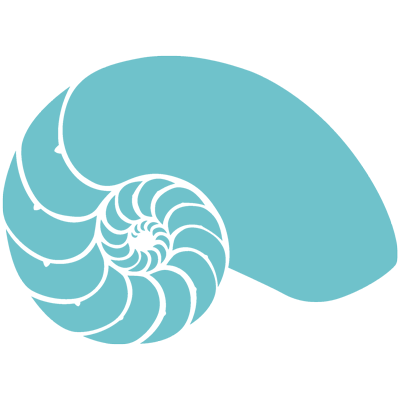What is Tinnitus:
Tinnitus is defined as the perception of noise or sounds in the head or ears in the absence of an actual stimulus. Tinnitus is associated with many different medical pathologies, including hearing loss, acoustic trauma, closed head injury, disease processes, etc.
What Treatments Do We Offer:
You will be provided with the most applicable treatment options for your situation at the time of the evaluation. The two more popular treatment methods in the world today include Tinnitus Retraining Therapy (using ear-level sound equipment of various types) and Neuromonics Oasis Retraining Program (using neural stimuli mixed with filtered music tones). Other potential approaches include Environmental Sound Sculpting, Widex Zen Tinnitus Hearing Aids, Siemen’s Micon Tinnitus Hearing Aids, and maskers. We also adapt iPods, iPads, and iPhones to help stream sound therapy into ear-level units. Finally we provide a full line of sleep aids from SleepPhones, a patented soft and flexible headband that creates an ideal sleeping or relaxing environment. Some of the treatments are covered by insurance, others are not and must be paid out of pocket. We also provide the services of our onsite CBT counselor, Ms. Anita Vinson, M.Ed., LPC, who is available to work with you in the clinic.
What to Expect from a Evaluation:
Goal: Audiologist Dr. Marsha Johnson will evaluate your medical history, symptoms both subjective and objective, the degree of distress associated with the tinnitus, and perform a complete tinnitus evaluation in the sound booth and with other assessment equipment to determine the state of the auditory system including hearing, middle ear function, and more. Generally initial evaluations require 60-90 minutes, depending on the severity of the case and contributing factors.
What to Bring: Please bring current insurance information including all contacts and phone numbers for medical providers, vocational rehabilitation case workers, worker’s compensation agents, or insurance agents and claim numbers for accidents. Many people find it helpful to type up a list of current medications and bring this to the appointment for review; drugs can add to or create tinnitus. Also please obtain and bring any previous hearing tests or auditory test results performed in the previous five years. You can obtain these copies by contacting your providers and asking for copies to be sent to your home. We only need the audiograms or other hearing tests.
Testing/Assessment: You will be asked to complete a sound-treated booth evaluation including auditory thresholds, tinnitus matching evaluation for pitch and volume, LDL (loudness discomfort test), and possibly other tests. You will be tested using tympanometry to assess middle ear function and eardrum health. You may be tested using Otoacoustic Emissions equipment to check the cochlear cell function. We may also include other tests as deemed necessary to assess the function of the outer, middle, and inner auditory systems. The tinnitus will be masked using narrowband noise to determine its tractability and potential value in particular treatment program options. The testing is comfortable and pain free, no one should worry about the testing prior to the visit, we are highly trained in acquiring very good results with a minimum of discomfort and we will take very good care of you in our clinic.
Results/Reports: You will be presented with the results of the assessment and interview, and provided with clear explanations as to the most likely origin of the tinnitus, if possible, and how a particular treatment might work to improve your situation. Depending on your situation, a brief report or an extensive one will be created to meet your needs (medical, legal or personal). If requested, we will provide these reports to your medical providers, attorneys, insurance agents or counselors.
Who to Bring: It is often good to bring a friend or family member to the appointments, who can help with listening and remembering what is discussed. Tinnitus patients are often sleep deprived, anxious, and overwhelmed and memory can be impaired.
